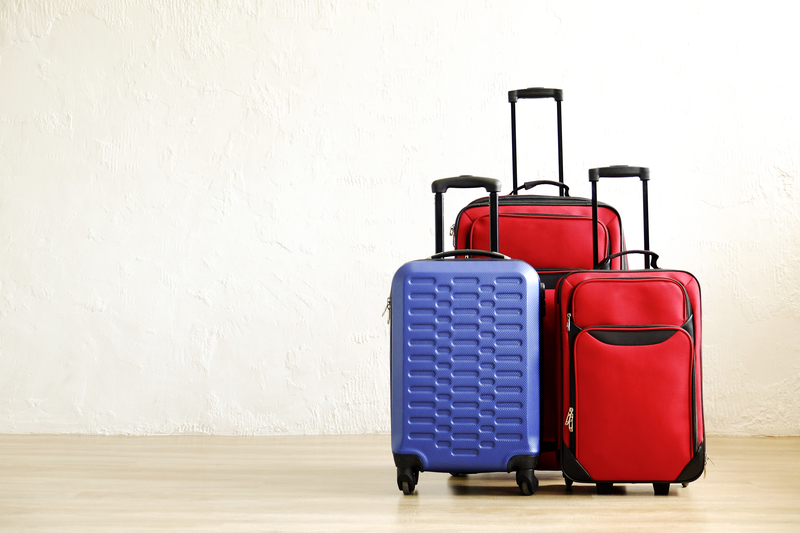
Anyone operating a short-term rental – such as an Airbnb, Vrbo, or bed and breakfast – in their Winnipeg home or property needs to prepare for important changes coming in 2024.
As of April 1, 2024, operating a short-term rental, or a platform that lists them, will require a City of Winnipeg licence.
“The new short-term rental licence brings Winnipeg in line with how many other major cities regulate operations like Airbnb or Vrbo,” said Winston Yee, Manager of Licensing & Bylaw Enforcement.
“These rules help create fairness across the accommodation industry, and ensure that operators are accountable for providing a safe rental that’s respectful of the surrounding neighbourhood.”
Property and booking limits
One of the biggest changes is a limit on which properties homeowners can operate as a short-term rental.
Properties purchased after February 23, 2023 can only be operated as a short-term rental if they are the owner’s primary residence. A maximum of three additional properties can be operated as short-term rentals only if they were purchased on or before that date.
“We recognize that people have invested in short-term rentals outside of their primary residence,” said Yee.
“The inclusion of up to three existing additional properties is meant to ease the transition for them.”
Renters can continue operating a short-term rental in their home, provided they receive permission from their landlord.
Primary residences can be rented for a maximum of 150 nights a year, without the operator present (there is no limit if the operator is in the home during the stay). All short-term rentals are limited to 29 consecutive nights per booking.
Accommodation tax
The other big change is a requirement to collect a six percent accommodation tax – the same tax applied on hotel rooms – on all short-term rental bookings.
Airbnb and Vrbo will allow this tax to be added through their booking processes. Operators need to make sure they add the tax to each of their listings, and pay it back to us quarterly.
Safety measures
Many of the other new rules are intended to protect the safety of renters, operators, and the neighbourhood. These include requirements to install and maintain fire safety equipment, display emergency exit plans, and provide guests with a 24/7 emergency contact number.
“Short-term rentals have the potential to attract crime, which is part of why we require operators to meet a number of safety standards, in addition to following all City of Winnipeg bylaws,” said Yee.
We also worked with the National Human Trafficking Education Centre to develop information for operators on human trafficking and sex trafficking, which must be displayed within the property.
Applications
You can apply online for a licence now.
More information on operating a short-term rental in Winnipeg, including a full list of rules and fees, is available online.
